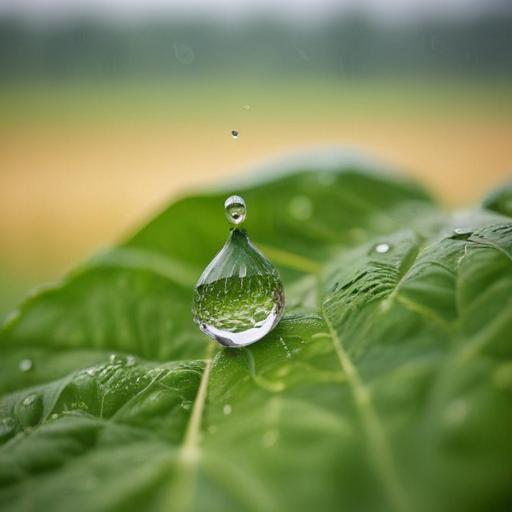Water officials have confirmed that while a lawn watering ban remains in effect for certain cities in Iowa due to elevated nitrate levels in the Raccoon and Des Moines Rivers, the use of kiddie pools and sprinklers is permitted. The Central Iowa Water Works has indicated that treated water remains safe to drink; however, the ban is expected to continue as nitrate levels have not fallen below the 10mg/L threshold necessary for the removal systems to be phased out.
Central Iowa Water Works is continuously monitoring these water levels, and the organization’s executive director, Tammy Madsen, noted that discussions are ongoing to define a clear exit strategy for the ban. The hope is that the forthcoming dry spell could help improve river conditions. Water Works CEO Ted Corrigan mentioned that warm, dry weather may provide insights into the trends needed to lift the ban.
In addition to these updates, a recent two-year study conducted by researchers evaluated factors affecting the water quality of the Des Moines and Raccoon Rivers. It was revealed that nitrate levels have exceeded safety standards around 15% of the time over the last two decades. The findings emphasized the need for broader conservation efforts and infrastructure improvements, such as upgrading wastewater treatment systems, to effectively combat water quality issues.
Agriculture Secretary Mike Naig expressed a desire for collaboration among different sectors, asserting that agriculture, conservation, recreation, and urban development can coexist harmoniously in Iowa. This collaboration could potentially lead to effective solutions for the water quality challenges faced in the region, while positive efforts by members of the Iowa Farmers Union are already underway to adopt conservation practices.
The outcome of these initiatives and the ongoing analysis from the water quality study leaves room for optimism, as community and environmental leaders strive to enhance the health of Iowa’s water resources.
